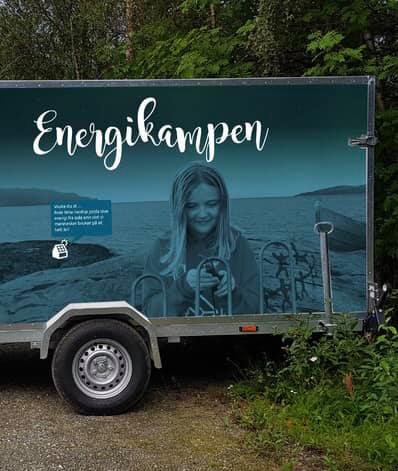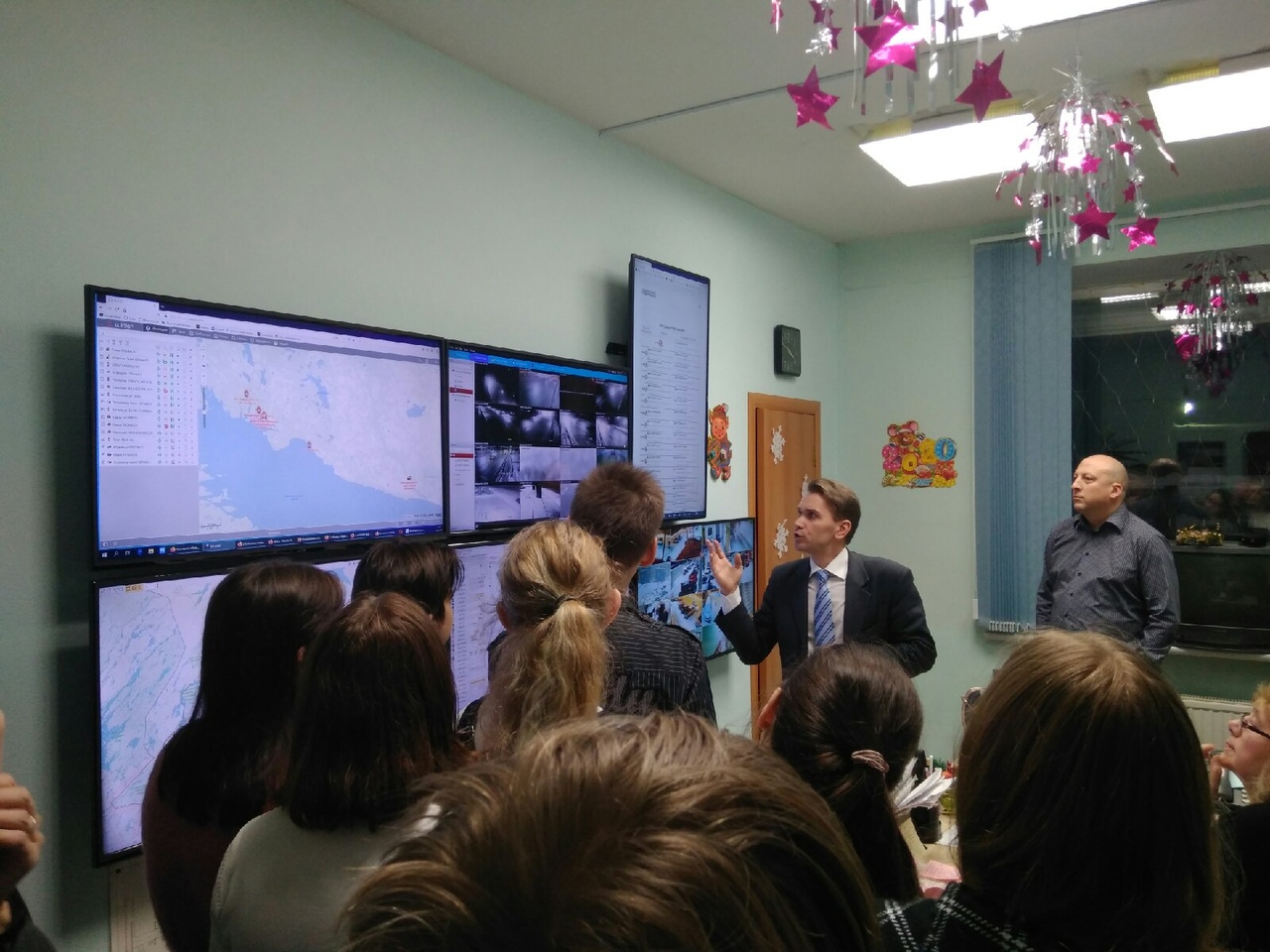Many young people seem reluctant to studying STEM subjects – science, technology, engineering, mathematics. This is at least what the school development experts and education policy makers have expressed in the 2010s. Industrial companies have expressed concerns that they might face the problem of lack of qualified and skilled personnel.
The challenge is common for the countries involved in Kolarctic CBC. Project ” Development of common approaches to involvement youth into science and technical sphere”, also known as Be Tech, has been doing its best to present the STEM subjects as appealing to schoolchildren and students.
Science camps and visits to companies and workplaces have proven to be one way to do something about the challenge, says Gunn Heidi Henriksen – at least those actions have received positive feedback. Gunn Heidi has managed the project BeTech since January 2020.
The project has arranged for schoolchildren and students the possibility to get to know science – for example in the first BeTech!-seminar in 2019, which brought together more than a hundred young people and their teachers from Alta, Murmansk and Oulu. The participants visited for example Nokia, Science Centre Tietomaa, Oulu Mining School and FabLab. That was before the pandemic related traveling restrictions, and after that the project has had opportunities to arrange actions mostly on local level. Some examples of that are e.g. cooperation with Northern Norwegian Science Centre. SmartDok which is an IT company in Norway, has presented science and programming to the pupils. Some youth have also had the chance this autumn to go and see how reindeer herding has met new technology. Web Event “Festival of professions” was arranged by Russia in April 2021.

Energikampen ( Energyfight ) was a campaign which was touring around northern Norway in 2019 and contained energy exercises for children – and everyone else.
Survey results show that most students are motivated to study science and mathematics.
What factors impact the young people when they are choosing their studies, fields of interest, and a career? What makes them choose or not choose a STEM subject? Surveys and research work in the project have investigated common features of students’ attitudes towards studying science and mathematics in comprehensive and secondary schools in Norway, Russia and Finland. The results suggest that most students are motivated to study science and mathematics. But the data analysis indicates that there are gender differences in attitudes to students’ future studies and career plans. Most girls recognized the importance of these subjects for their future, while more boys than girls showed interest in local career opportunities in industries. The studies showed that teachers have a significant role in directing students’ attitudes towards science and mathematics. Student experienced that, teachers who use innovative teaching approaches, both motivate and reduce anxiety in the students’ learning process. We could see an increase in positive attitudes towards science after students had participated in international seminars with inquiry-based activities and meetings with technology sector in business and industry. (Kvivesen & Tomperi, 2021)
And of course there is the ”coolness factor”, like Gunn Heidi Henriksen says. Young people regard things and subjects as cool or un-cool. Heidi reminds us that one of the critical factors for recruitment of needed competence in general is the outflow of people and youths.
That is a task for not only one project to tackle.
The project also approaches the young people by videos which can be found on the website of the project. https://www.oulu.fi/edu/betechmaterials A cooperation partner, the Energy company Equinor has provided the project site with some video stories, e.g. this one where Julia tells about her work as a mechanical apprentice offshore. https://www.youtube.com/watch?v=69VpCD9tbVo
Be Tech Lead partner: Municipality of Alta, Alta, Norway
Other partners:
*Murmansk Arctic State University, Murmansk, RUSSIA
*UiT The arctic university of Norway, Alta, NORWAY
*University of Oulu, Oulu, FINLAND
*Limited Liability Company “Education, innovation, science and research union “Socium+”, Murmask, Russia
* Association of Arctic projects contractors “Murmanshelf”, Murmansk, Russia
Website: https://www.oulu.fi/edu/betech
Facebook: https://www.facebook.com/BetechKolarctic/




